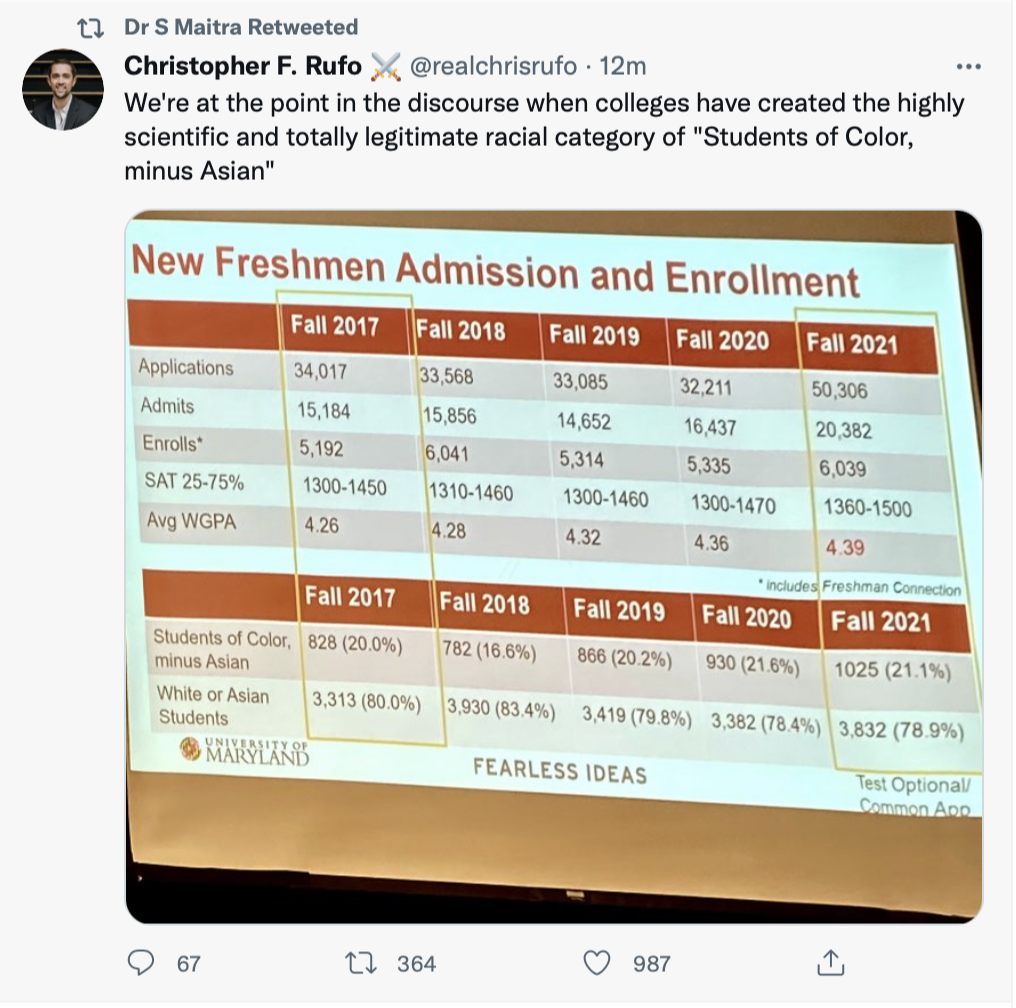Glenn Loury: It is Our Country, Not Their Country
Glenn Loury raises many "unspeakable truths" in his talk. His conclusion:
As a black American intellectual who loves his country, I can say without equivocation in the year 2021 that the Fourth of July-- like Shakespeare like Balzac, like Einstein--is ours. It belongs to me every bit as much as it does to you.
The question confronting we black Americans today then is not whether we are included within the body politic of the United States of America. What a ridiculous question! We most emphatically and obviously are. Today's question is not how to end our oppression. Rather, it is "What shall we do with our freedom?" What will we make of the enormous inheritance that is our birthright: citizenship in history's greatest republic?



